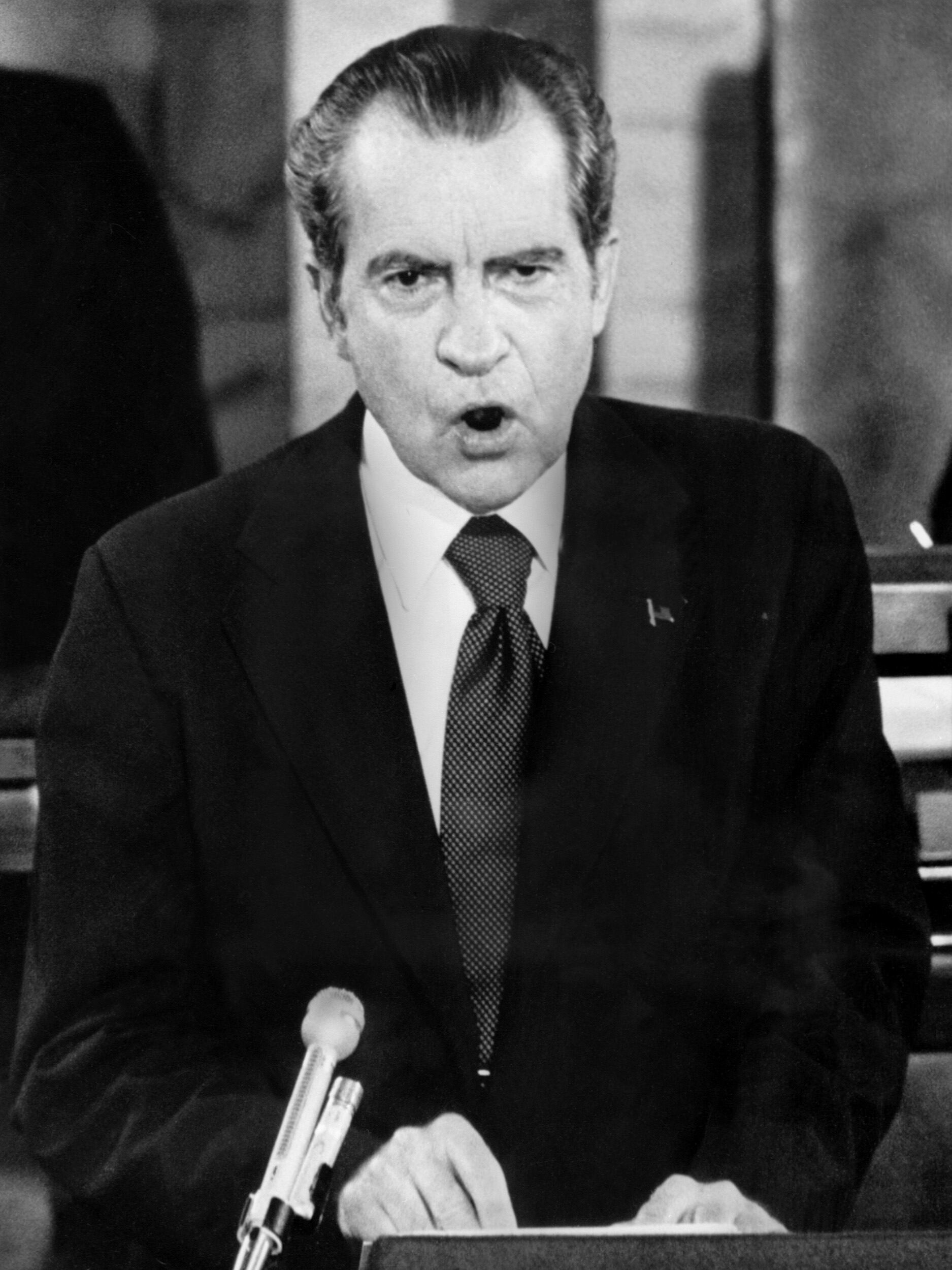This is part of a larger Federal Times 50-year anniversary project, showcasing the historic events from the last five decades that most shaped how government operates. Go to our special report to see more of our coverage as it rolls out in December and the first part of 2016.
When Neil Armstrong took his famous one small step for a man on July 21, 1969, he might not have grasped just how much influence the moment would have on coming decades. Not only did the success of the first manned moon landing score big for national pride and NASA's prestige, it vindicated anyone who ever believed the federal government was capable of accomplishing great, innovative feats of science, technology and engineering.
In fact, the government's credibility as a place of innovation began to take shape in 1928, when NASA's predecessor, the National Advisory Committee for Aeronautics, developed an engine cowling that reduced the drag on airplanes, said Bill Barry, chief historian at NASA.
"After that, the idea that the government should be doing scientific research that industry wasn't doing began to take hold," Barry said. But, "the touchstone of the government being able to do something incredible and wonderful with technology was the moon landing."
Consider that when anyone says ‘if we can land a man on the moon …’ we all know what that means.
The obvious long-term effects of the moon landing come in the form of direct spin-offs of technology developed for the space program. Miniaturized electronics, microsensors and handheld devices such as smart phones all emerged because of work in miniaturization first done to reduce the size of components needed in a spacecraft, Barry noted.
The Apollo program succeeded during an era of other government advances. Three months after Armstrong and Buzz Aldrin became the first human beings to set foot on alien soil, ARPANet — the computer network that would eventually become the Internet — made the first computer-to-computer data link, affirming the viability of that project.
But while ARPANet in those early years seemed like little more than a step forward in direct electronic communications, televised images of Americans walking on the moon was an immediately arresting and iconic moment. According to Barry, it "helped overcome to some extent people's hesitation about handing over large sums of money to the government" for research.
The first lunar landing has reverberated across the decades since.
"Government is really our only tool for collective action against our most significant problems," said Max Stier, president and CEO of the Partnership for Public Service. "The landing on the moon is an example, where you had phenomenal leadership in President Kennedy in setting a goal. That goal was carried out not by President Kennedy, but by the thousands of civil servants within the government."
The space program itself benefited through the 1970s and '80s, with a long list of programs that most anyone interested in space science will recognize: Skylab, Apollo-Soyuz, the shuttle program and any number of unmanned probes to other planets – most recently the New Horizons fly-by of Pluto at the distant edge of the solar system.
And then there are developments that we now take for granted. In the early 1970s, the Air Force began building the satellite network that now informs every driver's global positioning system. The GPS satellites, along with communications satellites and weather satellites can be traced to the space program's success, for both technology and political support.
RELATED

However, even the strongest ripples eventually diminish. In more recent political eras, a push toward austerity has taken hold and prying out funding for projects without apparent short-term payoffs is difficult. Meanwhile, private-sector companies such as SpaceX and Orbital Sciences are taking a leading role in launching satellites and performing similar tasks, often under contract to NASA.
“By and large that big blue sky stuff was [once] the role of government,” said science fiction novelist John Scalzi. “These days, no one wants to spend that much money on government anymore, so as a practical matter the kinds of technology we get are based on [the question of] what can we sell.”




